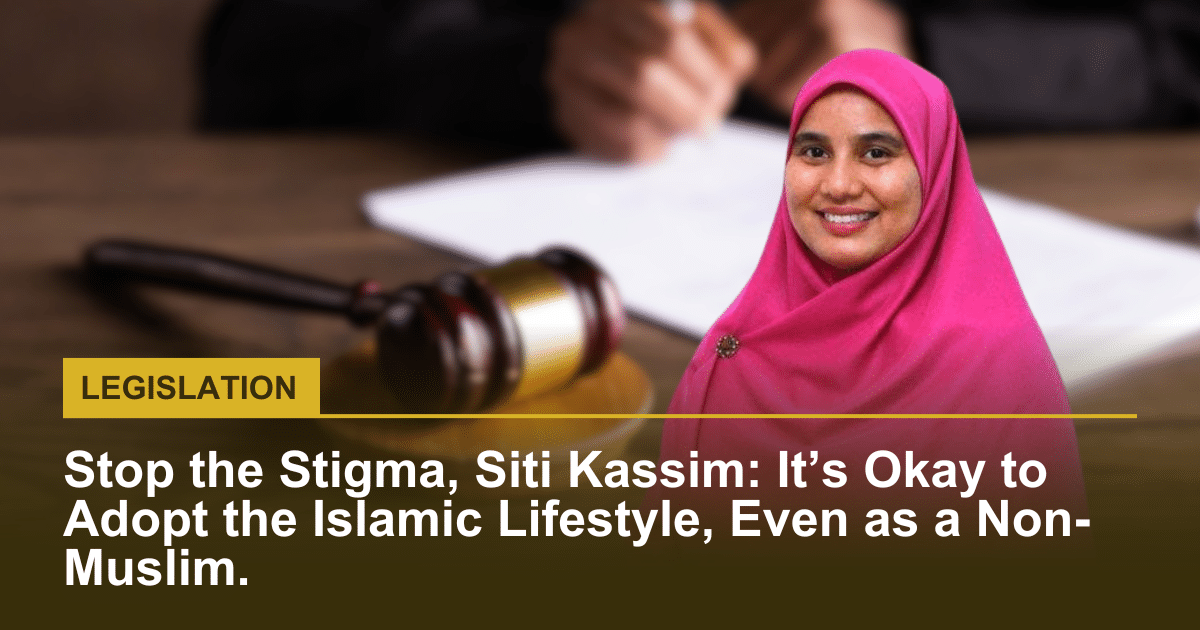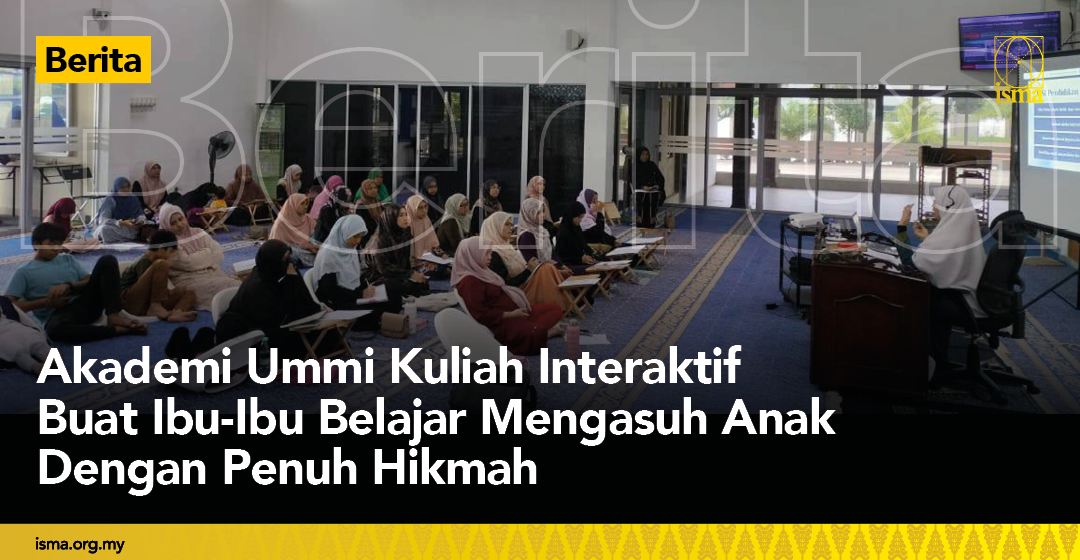In today’s diverse and interconnected world, people borrow cultural, ethical, and even spiritual practices from different traditions. Yet, when a non-Muslim chooses to adopt elements of an Islamic lifestyle—be it in dress, diet, or daily habits—there is often a backlash. Some see it as unnecessary, while others, like activist Siti Kassim, have gone so far as to criticize it as a form of religious conformity. But why should there be stigma around choosing a lifestyle rooted in personal values, ethics, and well-being?
Islamic Practices Are Not Exclusive to Muslims
Many aspects of Islamic life—such as modest dressing, fasting, mindful eating, and acts of charity—transcend religious boundaries. These are principles that align with general human values. For example:
• Modest Dressing: Women across cultures dress modestly for reasons ranging from personal comfort to cultural traditions. It is not exclusive to Islam.
• Halal and Ethical Eating: Many non-Muslims opt for halal food because of its perceived cleanliness, ethical animal treatment, and emphasis on purity.
• Fasting: Intermittent fasting, which has roots in Islamic practices like Ramadan, is now a global health trend embraced by people of all backgrounds.
• Charity and Community Service: Islam’s emphasis on giving (zakah and sadaqah) is mirrored in global humanitarian efforts, with people donating time and resources regardless of faith.
If a non-Muslim finds value in these practices, should they be discouraged? Why should personal choices be met with suspicion or criticism?
Freedom of Choice Should Go Both Ways
There is a paradox in how society views cultural and religious borrowing. When a Muslim embraces Western fashion, business ethics, or dietary trends, it is often celebrated as progressive. Yet, when a non-Muslim adopts Islamic practices—whether for personal growth, respect, or simply preference—it is sometimes met with resistance.
True freedom of choice means allowing individuals to explore and incorporate what benefits them without unnecessary scrutiny. Stigmatizing non-Muslims for embracing Islamic practices creates an atmosphere of division when, in reality, cultural exchange should be encouraged.
Beyond Religion: A Matter of Personal Growth
For many, adopting aspects of an Islamic lifestyle is not about conversion but about embracing principles that bring peace, discipline, and a sense of purpose. Some choose to wear modest attire for self-respect, some fast for health reasons, and others find solace in Islamic mindfulness practices. These are individual choices that should be respected rather than policed.
A Message to Critics Like Siti Kassim
Siti Kassim and others who criticize non-Muslims for engaging in Islamic practices should ask themselves: Is this truly about defending personal freedom, or is it about reinforcing divisions? True empowerment lies in allowing people to live authentically—without fear of judgment.
So let’s stop the stigma. Choosing an Islamic lifestyle, in whole or in part, should be seen for what it is—a personal decision that deserves respect.
By Dr. Fatimah Zaharah Rosli


